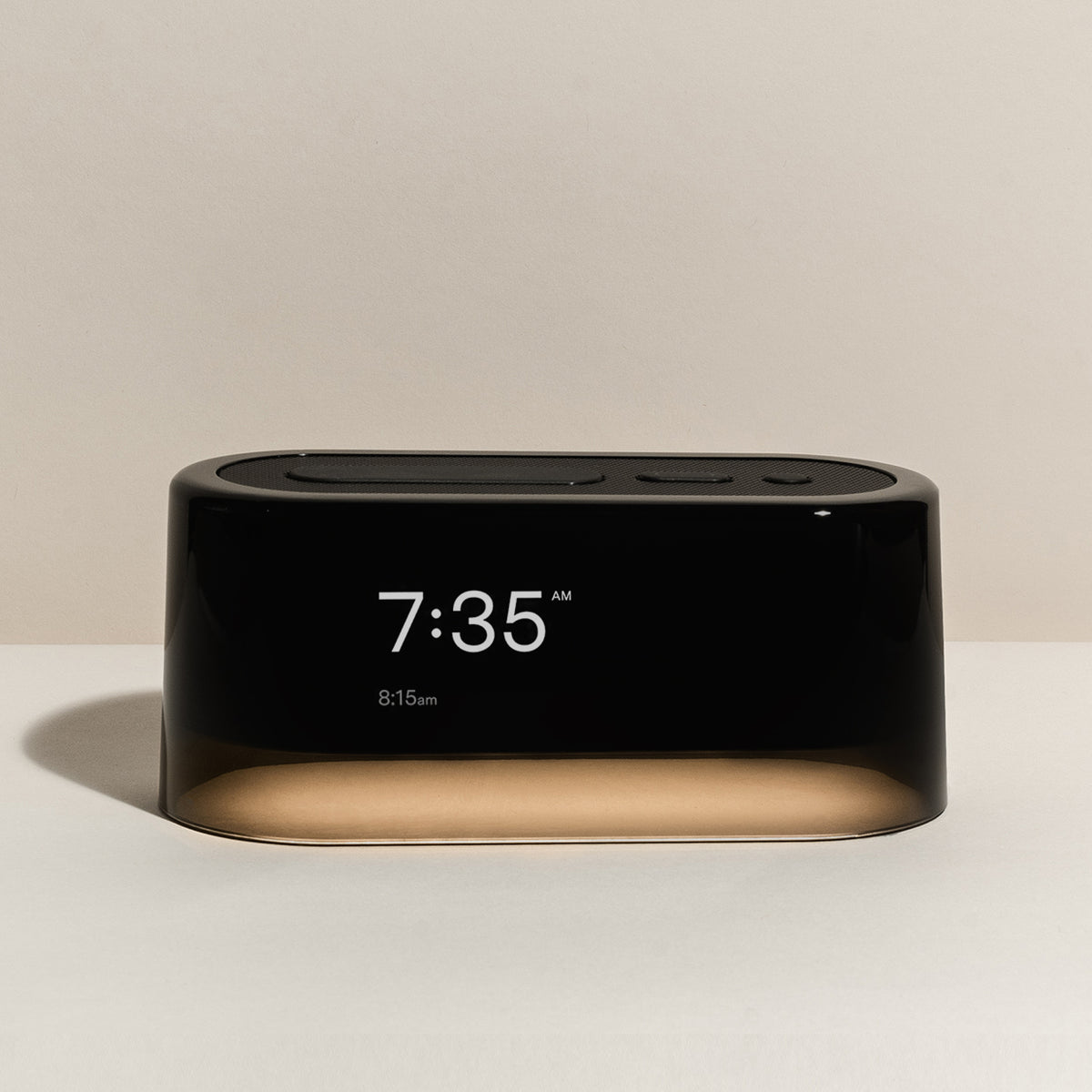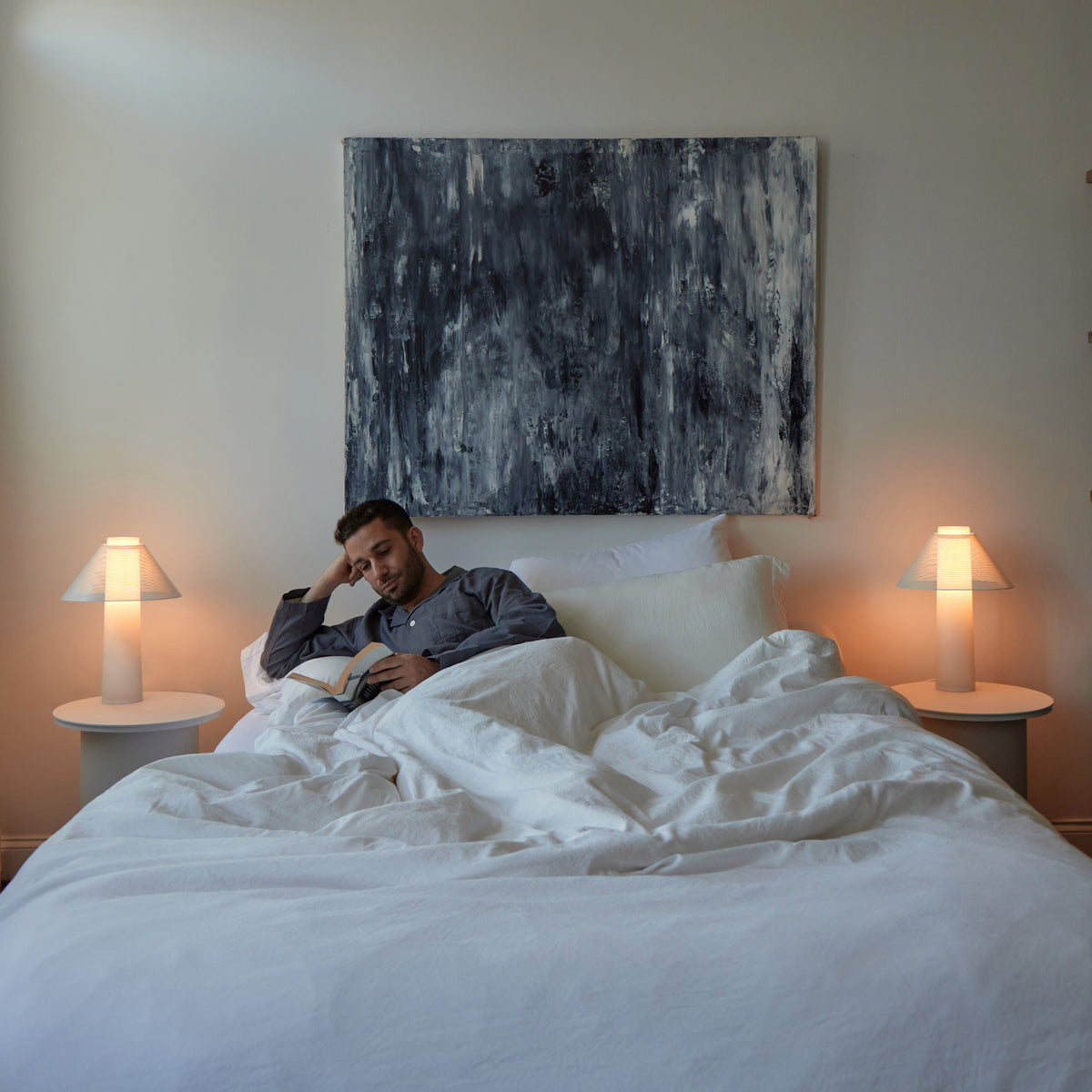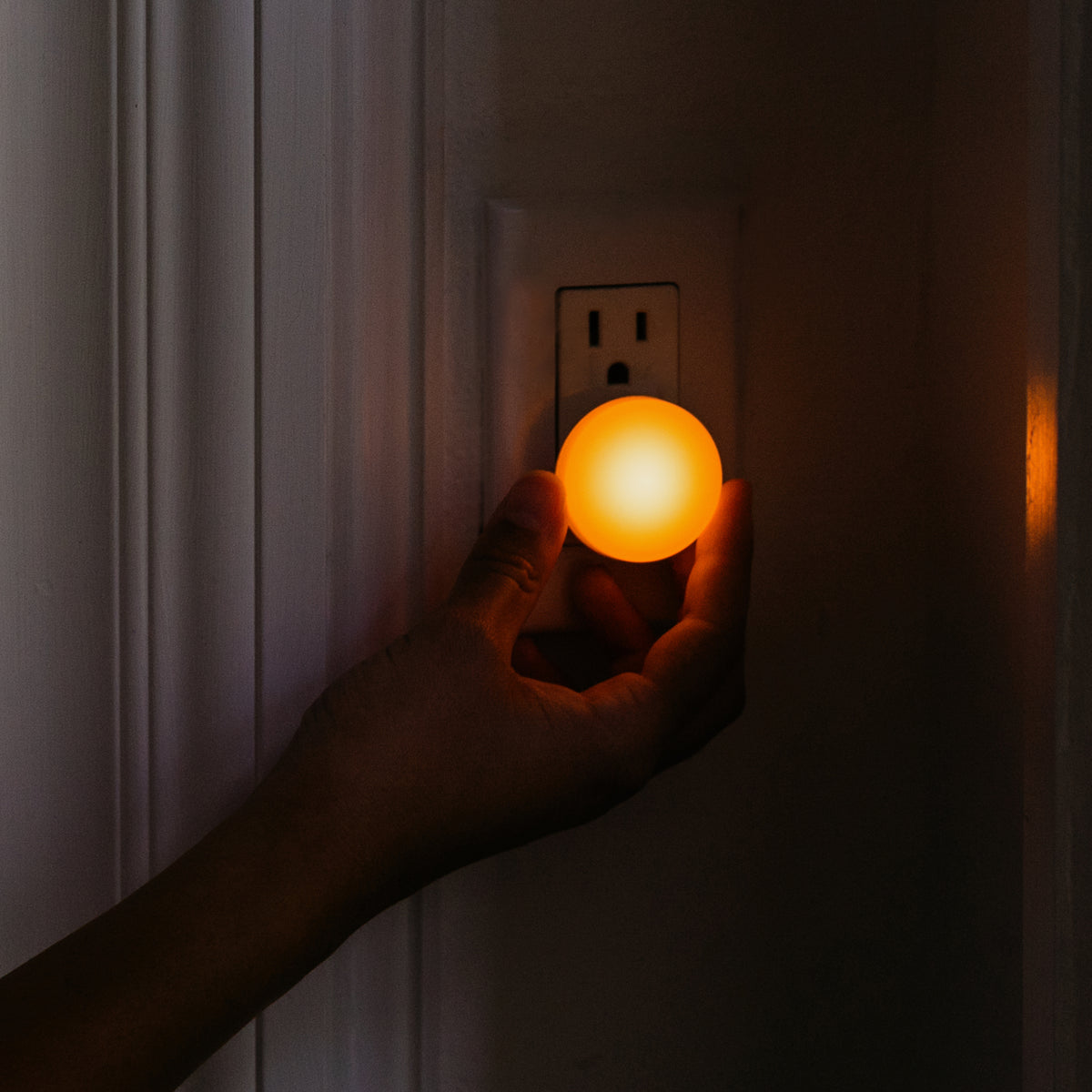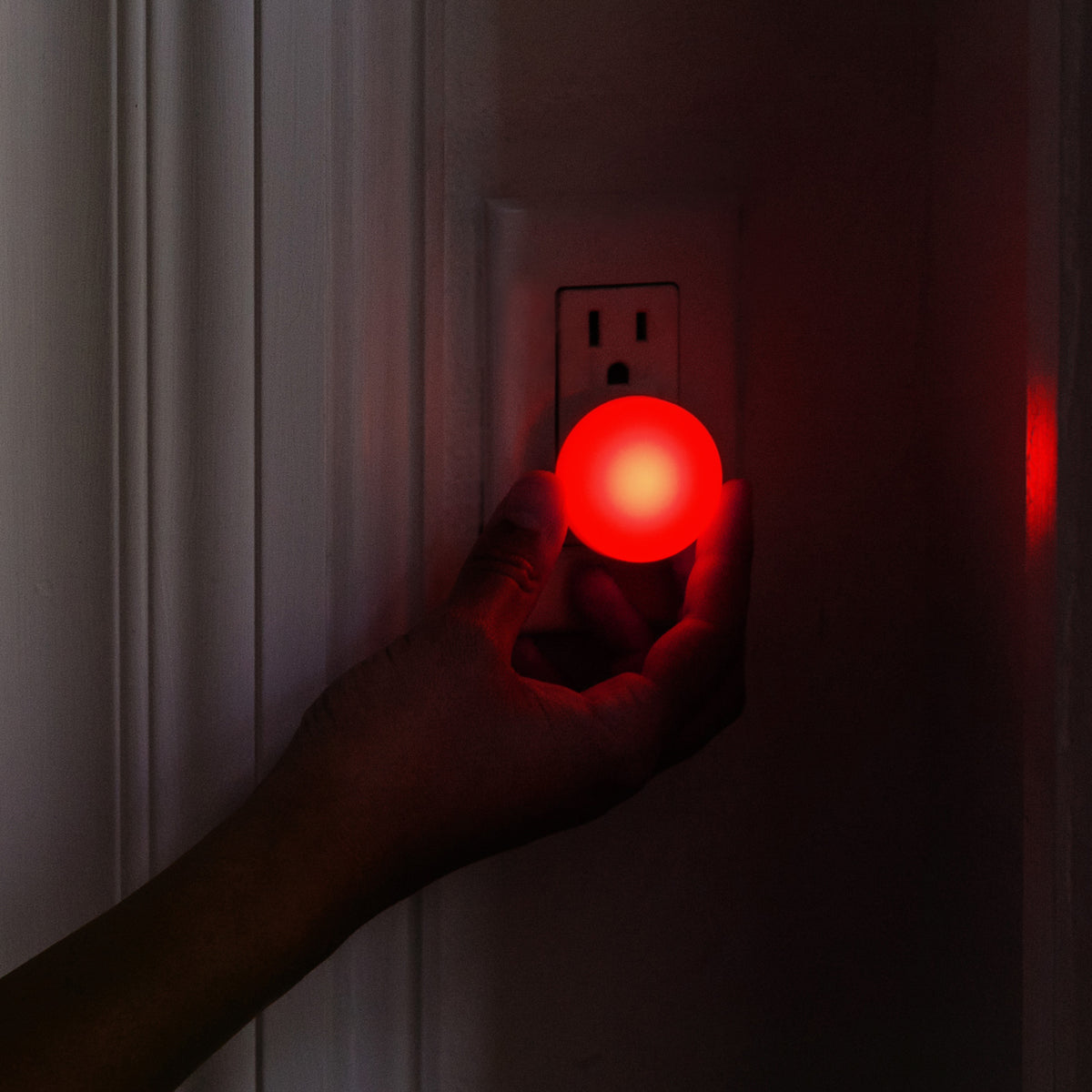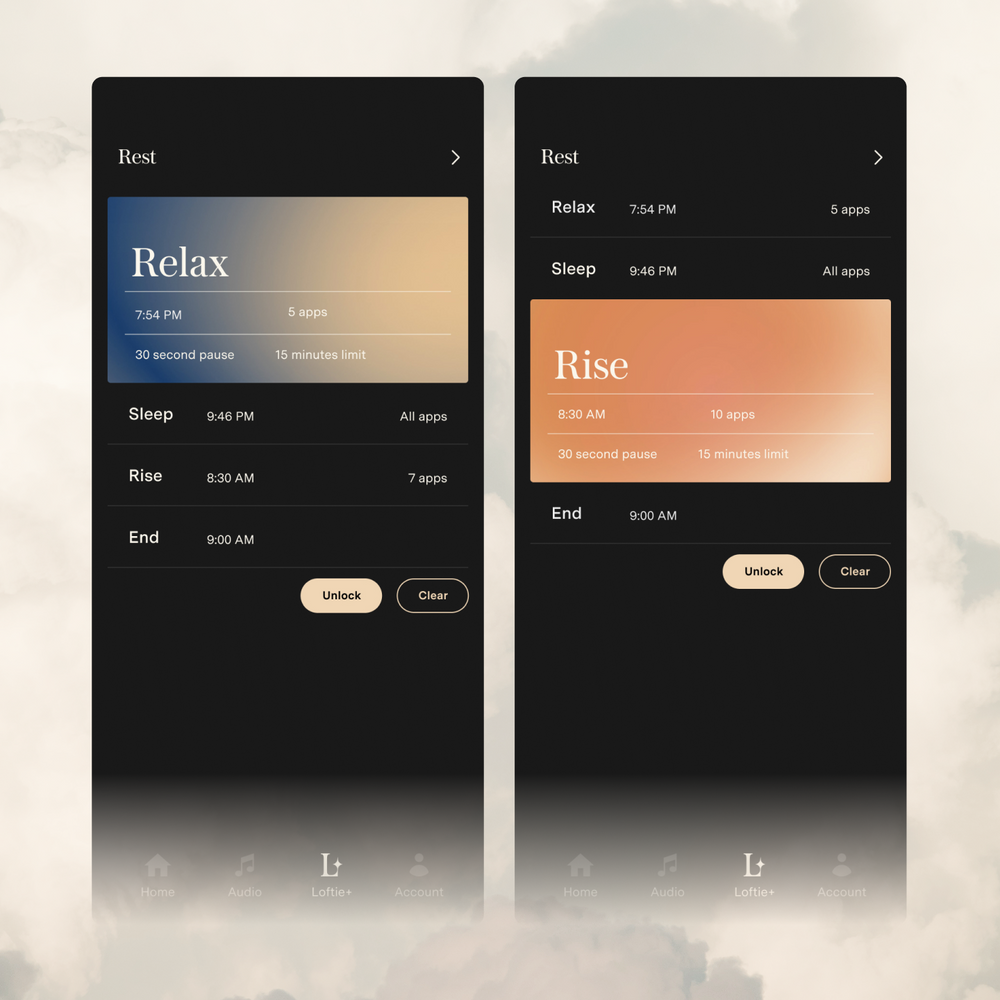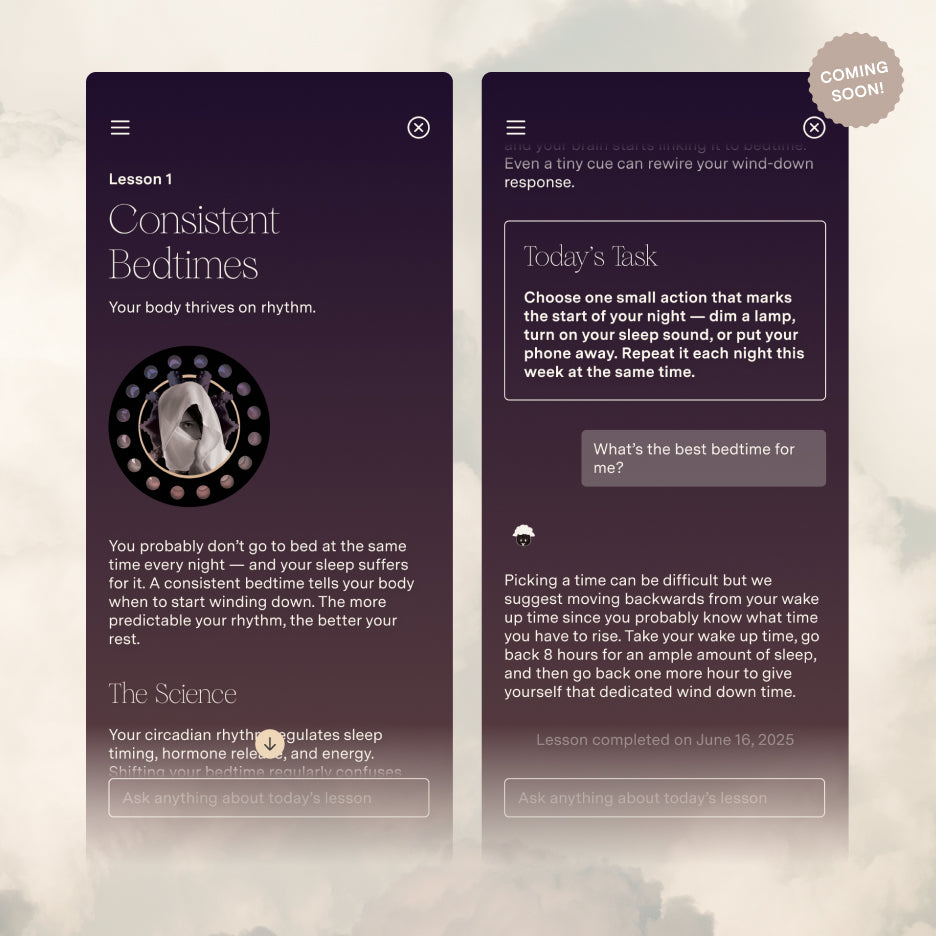In today’s digital age, screens are omnipresent, from smartphones and tablets to laptops and TVs. While technology offers numerous benefits, its use before bedtime poses significant risks for children. As bedtime approaches, the allure of screens can be strong, but the evidence suggests that using technology before sleep can have detrimental effects on a child’s health and well-being. Here’s why it’s crucial to limit screen time before bedtime.
1. Disruption of Sleep Patterns
One of the most immediate effects of using technology before bed is its impact on sleep patterns. The blue light emitted by screens interferes with the production of melatonin, the hormone that regulates sleep. Melatonin levels naturally rise in the evening to signal that it’s time to wind down, but blue light exposure can delay this process, making it harder for children to fall asleep and disrupting their overall sleep quality.
2. Reduced Sleep Duration
Children who engage with screens before bed often experience a reduction in overall sleep duration. Whether they’re watching videos, playing games, or texting, the stimulation from screens can lead to prolonged wakefulness and difficulty falling asleep. This reduction in sleep time can accumulate, leading to chronic sleep deprivation, which affects cognitive function, mood, and overall health.
3. Impact on Cognitive Function
Adequate sleep is crucial for cognitive development in children. Sleep plays a vital role in memory consolidation, problem-solving skills, and learning. When technology use before bed cuts into sleep time, it impairs these cognitive processes. As a result, children may experience difficulties with concentration, academic performance, and problem-solving abilities during the day.
4. Increased Risk of Behavioral Problems
Lack of sleep caused by pre-bedtime technology use is linked to various behavioral issues. Sleep deprivation can lead to irritability, mood swings, and increased aggression in children. This disruption in behavior can affect relationships with family and peers, leading to further emotional and social challenges.
5. Sleep Quality Issues
Even if children do manage to fall asleep after using technology, the quality of their sleep can be compromised. Studies have shown that screen use before bed can lead to lighter, less restorative sleep. This means that even if children get enough hours of sleep, they may not experience the deep, restorative sleep needed for physical and mental recovery.
6. Increased Risk of Obesity
There is a growing body of evidence linking screen time with obesity. Pre-bedtime screen use is associated with reduced physical activity and increased snacking, both of which contribute to weight gain. The sedentary nature of screen activities can promote unhealthy eating habits and a lack of exercise, compounding the risk of obesity.
7. Inhibiting Relaxation
The content consumed before bed can also impact relaxation. Engaging with exciting or stimulating content, such as action-packed games or emotionally charged videos, can make it harder for children to wind down. Ideally, the pre-bedtime routine should involve calming activities that help signal to the body that it’s time to prepare for sleep.
8. Difficulty Establishing Routines
Creating a consistent bedtime routine is crucial for good sleep hygiene. Introducing screens into the bedtime routine can undermine this process. The use of technology can lead to inconsistent sleep schedules, making it harder for children to establish healthy sleep habits and leading to an irregular sleep-wake cycle.
9. Potential for Sleep Disorders
Chronic exposure to screens before bed can contribute to more severe sleep disorders, such as insomnia or delayed sleep phase disorder. These conditions can have long-lasting effects on a child’s health and require more intensive interventions to manage.
In Conclusion
Technology before bedtime can have a host of negative effects on children’s sleep and overall well-being. From disrupting sleep patterns and reducing sleep duration to impacting cognitive function and increasing behavioral problems, the risks are significant. By limiting screen time in the hour leading up to bedtime and encouraging alternative calming activities, parents can help ensure their children get the restful, restorative sleep they need for healthy growth and development. Establishing a technology-free bedtime routine can foster better sleep habits and contribute to overall improved health and well-being for children.


